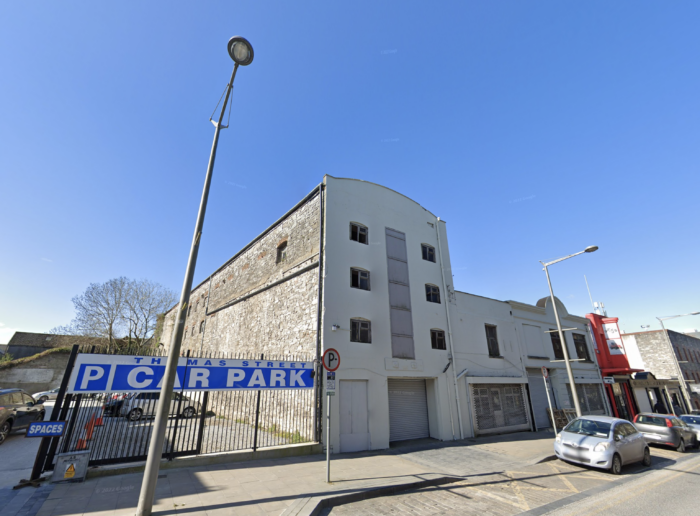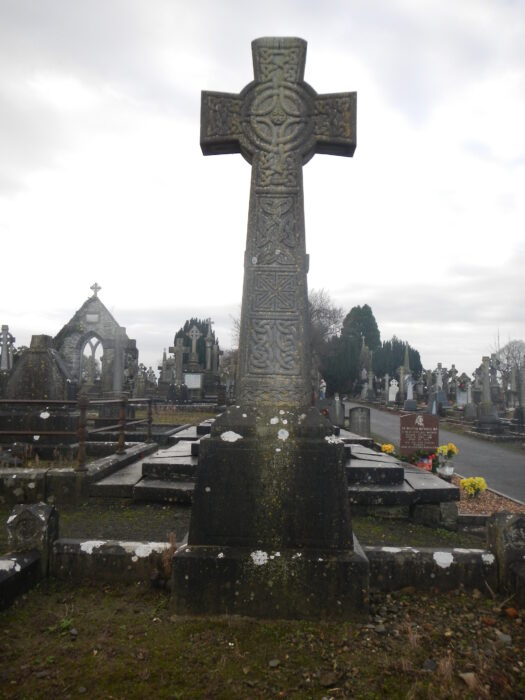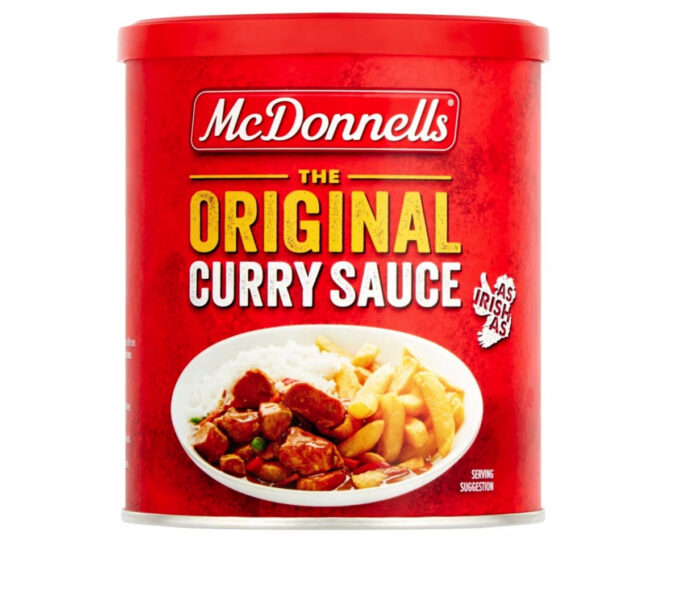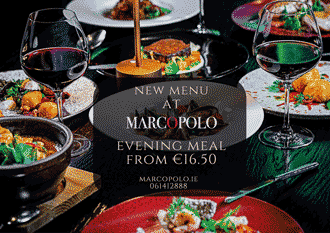
WHEN you reach for Stork margarine or Spry Crisp’N’Dry in the kitchen, you’re using products that trace their roots back to 19th century Limerick, where two brothers forever changed the food industry, writes historian Sharon Slater.
W&C McDonnell Ltd, the company behind some of Ireland’s most iconic kitchen products, was founded by William and Charles McDonnell. They were following in the footsteps of their father, Thaddeus McDonnell, a prominent corn and provisions merchant in Limerick during the mid-19th century.
Thaddeus McDonnell operated his business out of Thomas Street and Roches Street. He was an active member of the political set, serving as Mayor of Limerick for a full term in 1851 and briefly again in 1860. He also served for a period as High Sheriff of Limerick.

After his death in 1871, his sons took over his business. The brothers flourished as butter and corn merchants and decided to look further afield to expand their offerings.
Meanwhile, in France, Emperor Napoleon III issued a challenge to create a butter substitute from beef tallow for the armed forces and lower classes. The task was accepted by Hippolyte Mège-Mouriès, who in 1869 invented margarine. News of this new food product spread slowly across Europe and caught the interest of the McDonnells.
In 1876, the brothers set up the first margarine factory in the UK and Ireland, on Thomas Street in Limerick.
The pair pioneered a unique production technique by using milk instead of water in the margarine’s cooling process, which gave their product a richer, buttery flavour. This innovation set them apart from competitors and solidified their success.

Entrepreneurs and pillars of Limerick society
Outside of their work in the margarine business, Charles followed in his father’s footsteps as a member of Limerick City Council. He also acted as High Sheriff of Limerick and a Market Trustee. He married Katie Spillane, the daughter of Limerick merchant John Spillane in 1875. After having several children in Limerick, Charles moved his family to Dublin, where he passed away in 1911.
William was deeply involved in Limerick’s civic life, serving as a member of the Limerick Harbour Board, president of the Limerick Chamber of Commerce, a Justice of the Peace, and City Treasurer.
Not just a businessman, William was a well-regarded baritone and performed at numerous local concerts, bringing as much passion to his singing as he did to his business ventures.
William was married and widowed twice (his first wife Eliza died 1874, while second wife Hanora died in 1906) and had a total of seven children. He resided for many years at Kyleglass House, North Circular Road, but later moved to Newtown House, Tramore, and subsequently to Highfield House, Rathgar, Dublin, where he died on April 10, 1920, at the age of 85. He was buried in Mount Saint Lawrence in the same grave as his father.
In 1900, the McDonnell brothers expanded their operations by opening a larger factory in Waterford, strategically positioning themselves closer to British and Continental markets. The original Limerick branch remained operational as a depot until 1949.
However, not everything went smoothly in the following years. In September 1912, disaster struck. A fire, intensified by the oil-based margarine production, spread rapidly, threatening nearby homes. Both the local and military fire brigades battled the flames for hours, but the blaze ultimately caused extensive damage.
Fortunately, the company was insured with Hibernian Fire and General Insurance Ltd, which helped offset the estimated thousands of pounds in losses. Despite the ferocity of the blaze there were no injuries reported.

Still currying favour on Irish dinner tables
By 1916, the McDonnells had introduced their Mac’s brand of margarine. That year, during the Easter Rising, two cases of their margarine en route to Castlebar were looted as the train stopped in Dublin.
In November that year they made the bold statement that “twill puzzle you and it puzzles us to tell the difference between best butter and Mac’s brand margarine”.
At this time they were also producing Castlemac and Homeland margarines using a blend of fats and milk. By 1919, they were advertising the Castlemac brand with the simple tagline: “It is a food.”
Over the next few years, they expanded their range, introducing cheaper alternatives like Mellownut in 1921 and Maypark by the end of the decade.
In 1929, rival margarine producers Jurgen and Van den Berg from the Netherlands approached the McDonnells with a merger proposal, opening the company to larger markets. The Dutch company was already in partnership with Lever Brothers, who later became Unilever.
The merger introduced new brands to the McDonnell selection, such as Stork and Blueband, which were being produced in the Waterford factory in 1934. Both of these are still available to this day.
In 1951, the factory was on the move final time. This last move was to Drogheda, where it still bore the name W & C McDonnell. Here they expanded out of margarine, producing products such as Spry Crisp’N’Dry cooking oil and dehydrated products like McDonnell’s Cup A Soup.
The W & C McDonnell changed to Van Den Bergh Foods in the 1980s, which eventually discontinued.
The McDonnell brothers not only pioneered margarine production in Ireland, they helped shape an industry that endures through beloved brands like Stork.
Today, their legacy continues with McDonnell’s Curry Sauce, a nod to the family name that remains synonymous with Irish culinary tradition. As both industrial innovators and civic leaders, the McDonnell brothers left an indelible mark on Ireland’s business and cultural landscape.


